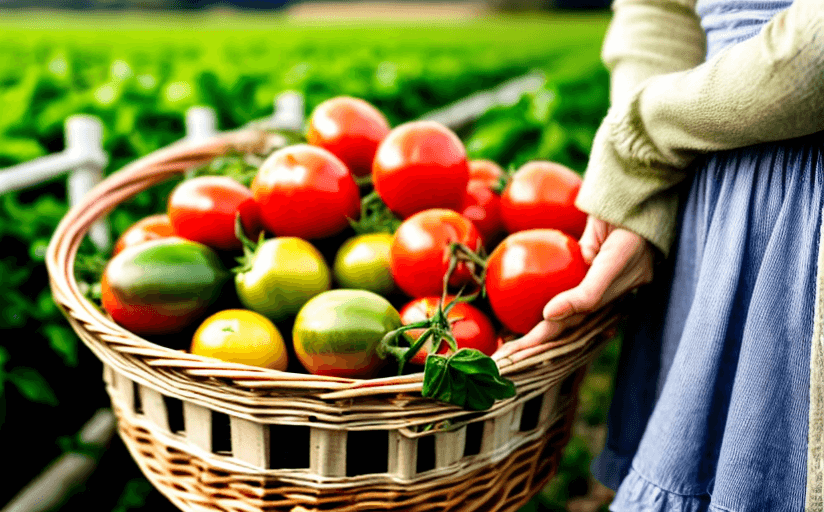Exploring the Pros and Cons of Growing Genetically Modified Crops in Home Gardens
Genetically modified (GM) crops have become increasingly popular in recent years. Growing GM crops in home gardens can offer a number of advantages, such as increased yield, resistance to disease, and improved nutrition. However, there are also potential drawbacks to consider, such as difficulty in controlling the spread of GM crops and potential health risks associated with consuming them. In this article, we’ll explore the pros and cons of growing GM crops in home gardens and discuss the potential implications of using GM crops in home gardens.
Pros of Growing GM Crops in Home Gardens
One of the primary advantages of growing GM crops in home gardens is increased yield. Through genetic engineering, scientists are able to modify crops to produce higher yields than conventional crops. This can be especially useful for gardeners who are looking to maximize their harvest.
GM crops are also more resistant to disease than conventional crops. By modifying the genetic makeup of the crops, scientists can make them more resistant to pests and diseases, which can help reduce the amount of time and money spent on pest control and crop protection.
Finally, GM crops can offer improved nutrition. Scientists can modify crops to contain higher levels of essential nutrients, such as vitamins and minerals. This can be especially beneficial for people who may not be getting enough of these nutrients through their diets.
Cons of Growing GM Crops in Home Gardens
One of the potential drawbacks of growing GM crops in home gardens is difficulty in controlling the spread of the GM crops. GM crops can easily cross-pollinate with other nearby plants, which could lead to the spread of the modified genes to other plants. This could have a negative impact on the environment and surrounding ecosystems.
Another potential drawback of growing GM crops in home gardens is the potential health risks that may be associated with consuming them. Although there is no conclusive evidence that GM crops are harmful to human health, there is still some concern that consuming GM crops could have long-term health effects.
Implications of Growing GM Crops in Home Gardens
The potential implications of growing GM crops in home gardens are far-reaching. On the one hand, they could be beneficial for gardeners who are looking to maximize their yields or get more nutrition from their crops. On the other hand, the potential for GM crops to spread to other plants and the potential health risks associated with consuming them could have negative implications for the environment and human health.
Advice for Individuals Considering Growing GM Crops in Their Home Gardens
If you’re considering growing GM crops in your home garden, it’s important to weigh the potential advantages and disadvantages carefully. Make sure you understand the potential implications of growing GM crops and consider the potential health risks associated with consuming them. Additionally, be sure to research the best practices for controlling the spread of GM crops and ensure that you’re taking all necessary precautions to protect the environment and surrounding ecosystems.




















Comments
Leave a Comment